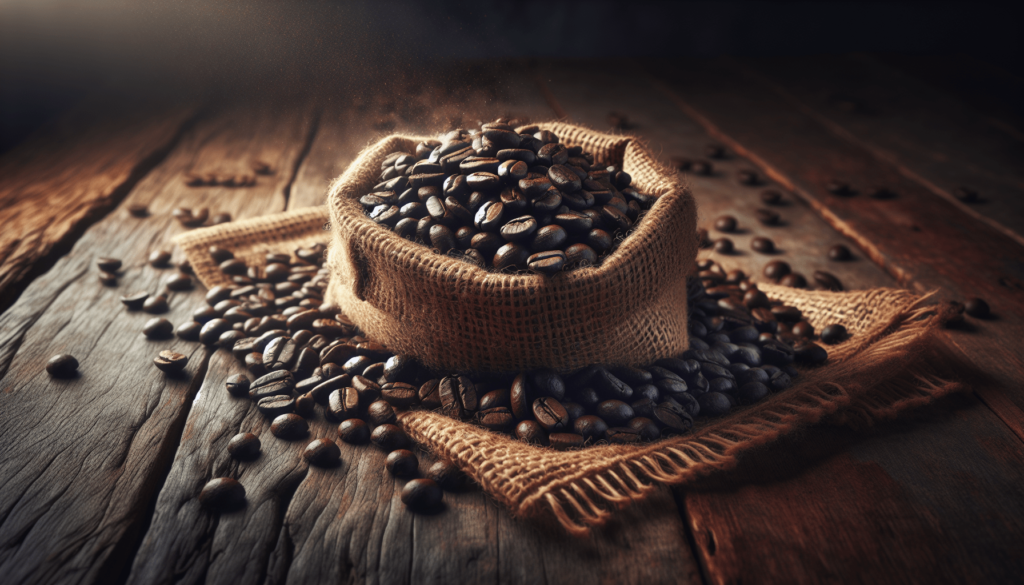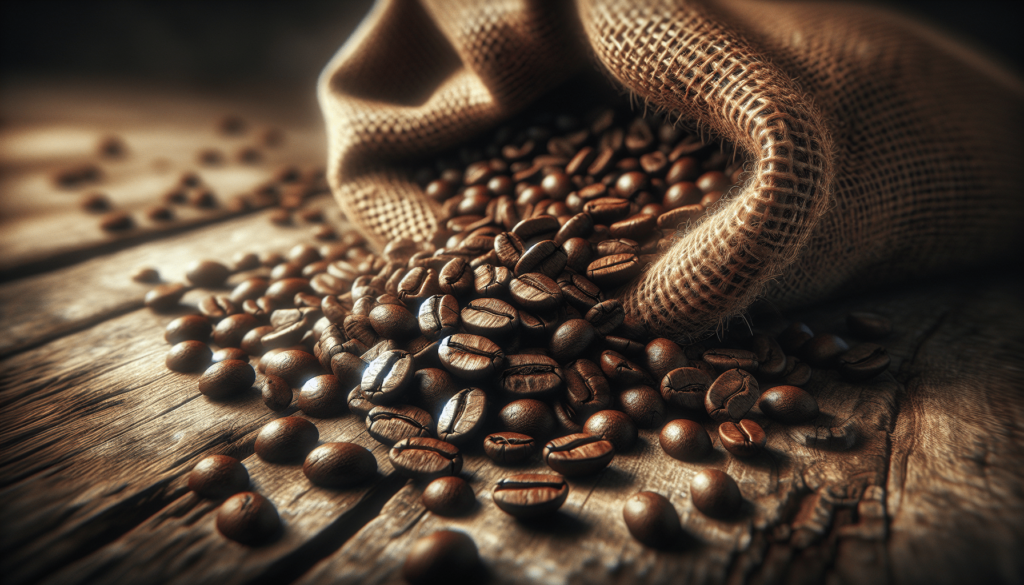Have you ever found yourself pondering whether coffee beans are superior to coffee powder? If so, you’re not alone. Many coffee lovers grapple with this question while standing in the aisle of a store or browsing online. The choice between coffee beans and coffee powder can be daunting, especially when you’re eager to start brewing that perfect cup. The good news is that both options have their unique advantages and disadvantages, making the choice a bit easier once you understand them.

Introduction to Coffee: Beans vs. Powder
Coffee, a beloved beverage enjoyed by millions worldwide, comes in various forms. Two of the most popular are whole coffee beans and pre-ground coffee powder. Each has its own set of characteristics that affect flavor, aroma, convenience, and overall coffee experience.
What are Coffee Beans?
Coffee beans are the seeds of the coffee plant. Once harvested, they undergo processing and roasting before they reach us as whole beans. Often considered superior by coffee aficionados, coffee beans offer more control over the brewing process.
What is Coffee Powder?
Coffee powder, or ground coffee, is made by grinding roasted coffee beans to a specific consistency. It is widely available and convenient, making it a popular choice for those who prioritize ease and speed over the fine-tuning of their coffee.
The Science Behind Coffee Beans and Coffee Powder
Understanding the science behind these two forms of coffee can help you appreciate their differences more deeply.
Flavor Profile
Coffee beans contain volatile oils that contribute significantly to the flavor and aroma of your brew. Grinding beans releases these oils, which makes the coffee more flavorful. On the other hand, coffee powder tends to lose these oils quickly, resulting in a less vibrant flavor.
Freshness
Freshness is another key factor. Coffee beans retain their freshness much longer than ground coffee. Once the coffee is ground, it starts oxidizing, which diminishes its flavor faster. Whole beans can preserve their freshness and taste for weeks, if not months, under proper storage conditions.
Shelf Life Comparison
| Type | Shelf Life (sealed) | Shelf Life (opened) |
|---|---|---|
| Whole Coffee Beans | 6-12 months | 2-3 weeks |
| Coffee Powder | 3-5 months | 1-2 weeks |
Control Over Brewing
One of the primary reasons why many prefer coffee beans is the control it offers over the brewing process.
Grind Size
When you have whole beans, you can grind them to the exact consistency needed for your brewing method. Whether you’re using a French press, an espresso machine, or a drip coffee maker, the grind size can significantly impact the taste. Here’s a quick reference:
| Brewing Method | Grind Size |
|---|---|
| French Press | Coarse |
| Drip Coffee Maker | Medium |
| Espresso Machine | Fine |
Brewing Methods
Coffee beans allow you to experiment with various brewing methods. From pour-over and AeroPress to siphon coffee makers, your choices are nearly limitless when you start with whole beans. In contrast, pre-ground coffee often limits you to specific brewing methods, primarily those that use medium grind sizes.
Convenience vs. Quality
Convenience often comes at the cost of quality. While ground coffee powder offers significant convenience, it may not deliver the exceptional quality that coffee beans can.
Time and Effort
Grinding your coffee beans requires a grinder and a bit more time each morning. This may be too much for some, especially if you’re in a rush. Coffee powder, on the other hand, is ready to use instantly, making it a great option for those who value time over quality.
Storage
Storing coffee beans is relatively straightforward. You’ll need an airtight container and a cool, dark place. Ground coffee, being more exposed to air and moisture, requires more stringent storage conditions to maintain its flavor.
Equipment Needed
| Coffee Type | Equipment Needed |
|---|---|
| Coffee Beans | Grinder, Airtight container |
| Coffee Powder | Airtight container |

Cost Considerations
Your coffee budget can also influence your choice between beans and powder.
Cost Per Pound
Generally speaking, coffee beans tend to be more expensive than ground coffee. However, the superior flavor and longer shelf life can justify the higher cost for many coffee enthusiasts.
Long-term Value
While coffee beans might seem pricier upfront, their ability to stay fresh longer and produce more flavorful coffee can offer better long-term value. Conversely, ground coffee may seem cheaper but might require more frequent purchases to maintain quality.
Environmental Impact
Your choice also has environmental implications.
Packaging
Whole coffee beans usually come in eco-friendlier packaging compared to ground coffee, which often requires additional layers of packaging to maintain freshness.
Waste Reduction
Using whole beans can significantly reduce waste. Coffee grounds from freshly ground beans can be composted more easily, adding another eco-friendly dimension to your coffee routine.
Health Impacts
Believe it or not, the form in which you consume your coffee can also have health implications.
Nutrient Retention
Coffee beans retain more antioxidants and essential oils compared to pre-ground coffee. This nutrient retention can contribute to a richer, healthier cup of coffee.
Chemical Exposure
Pre-ground coffee is more susceptible to contamination from exposure to oxygen and moisture. This can potentially lead to a decrease in its antioxidant properties.
Conclusion: The Final Verdict
So, are coffee beans better than coffee powder? The answer is subjective and depends on your priorities. If you value flavor, freshness, and control over your brewing process, coffee beans are the way to go. On the other hand, if convenience and speed are more important to you, coffee powder may be the better option.
Recommendations Based on Lifestyle
- Busy Professionals: Coffee powder for quick and easy brew.
- Coffee Enthusiasts: Whole coffee beans for better flavor and control.
- Eco-conscious Individuals: Whole beans for less waste.
Ultimately, the best choice is the one that fits seamlessly into your lifestyle and preferences. With this detailed comparison, you should be well-equipped to make an informed decision. Happy brewing!
